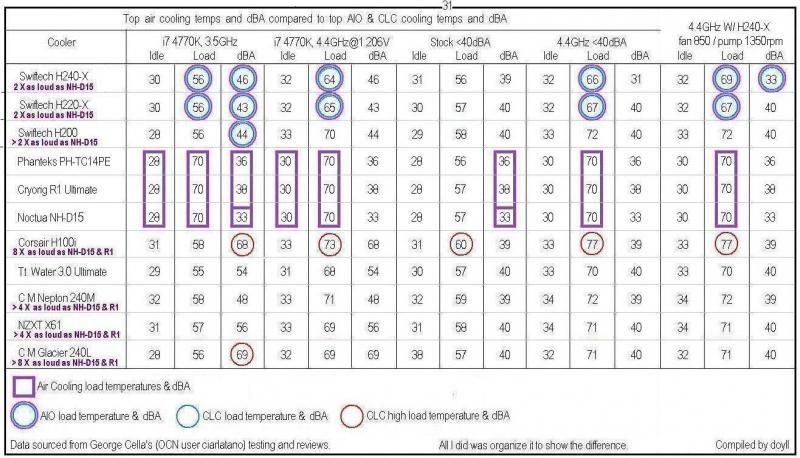While paste generally[] does not transfer heat from chip to IHS as well as solder, both have chips generating heat and moving that heat to IHS where it is transferred through TIM into cooler / waterblock, then into liquid that evaporates and moves through heatpipes to fins or is pumped through hoses to radiator.
There are many more variables involved in these reviews then the few differences between 4770k and 9900k. Very few even monitor air temp into cooler / radiator .. I don't know of any review test site that does anything like using pressure sensitive paper to determine how good / poor the mating of IHS to cooler / waterblock, and that alone can easily be 4-5c difference in recorded temps. So combine IHS to cooler / waterblock and a 2-5c possible difference between air actually entering cooler / radiator versus room air temp and we have a combined total 6-10c that can be accounted for as margin of error in test results.
I'm not saying it is that much, just pointing out 3-5c difference in CPU temps is about as close to '0c' as we can be sure we have .. meaning 65-67c for one cooler and 68-70c for another is both performing about the same.







